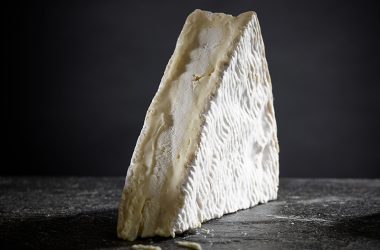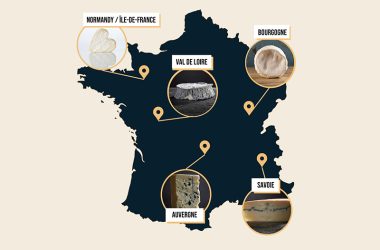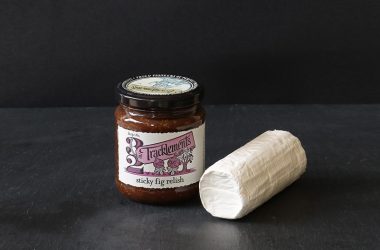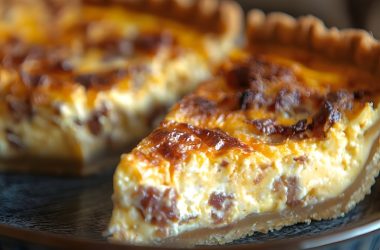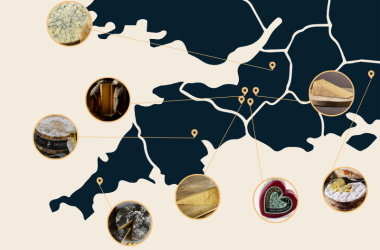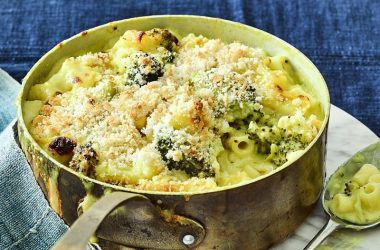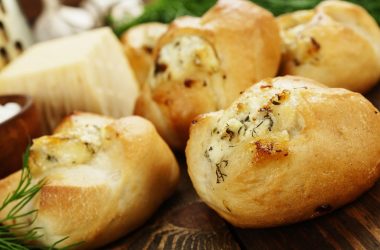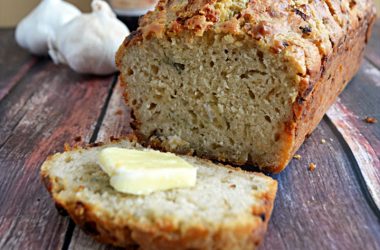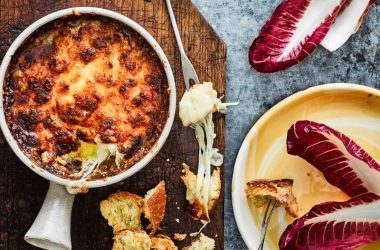Cheese in Classic Literature
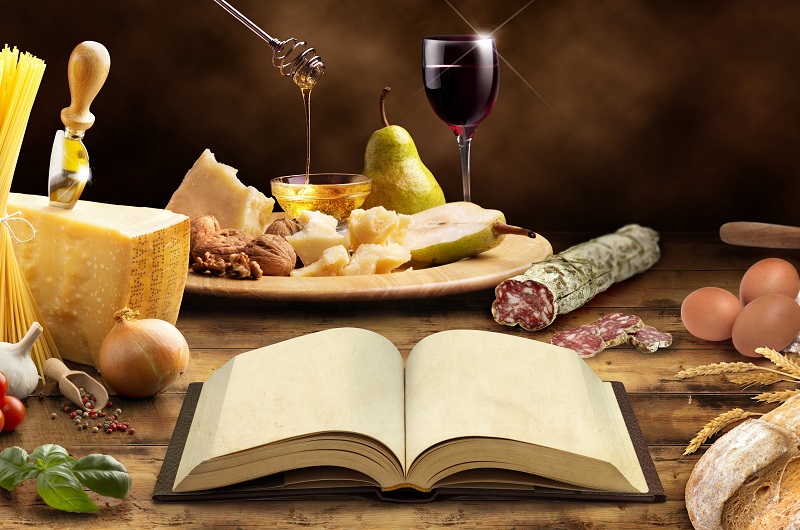
Like blue veins through a Stilton, cheese runs deep through our history and culture, so it’s inevitable that it will be present in our literature too. Here are five pieces of classic literature featuring cheese as the hero:
Emma
In Jane Austen’s Emma, the leading lady Emma Woodhouse is occupied by setting up her friend Harriet with local gentleman and vicar Mr Elton. On a walk, Harriet and Emma happen upon Mr Elton and seizing the opportunity, Emma walks a little slower than the pair allowing them to converse. Harriet is listening to Mr Elton with ‘pleasing attention’ which encourages Emma until she finds out he’s just waxing lyrical about cheese…
“Mr. Elton was still talking, still engaged in some interesting detail. And Emma experienced some disappointment when she found that he was only giving his fair companion an account of the yesterday’s party at his friend Cole’s, and that she was come in herself for the Stilton cheese, the north Wiltshire, the butter, the celery, the beet-root and all the dessert.”
At the time Stilton was made in The Bell Inn in the village of Stilton in Huntingdonshire just south of Peterborough, so it would have had to be transported to Surrey for Mr Elton and his friends to enjoy it. It also means it was expensive and expresses how Mr Elton was definitely a man who enjoyed fine things and high society. Today Stilton is made by, amongst others, Cropwell Bishop and still holds the mantle of being one of the best blues around, supremely creamy with a rich and mellow flavour, and a pungent aftertaste.
The ‘North Wiltshire’ mentioned refers to a Wiltshire Loaf, a cheese with a history of having intense flavour and density. This again was a superior cheese to the normal farmhouse cheese that most households enjoyed. The Wiltshire Loaf recipe was recently reinstated by Ceri Cryer of Brinkworth Dairy using the traditional recipe of her great-grandfather. It has a unique, hard, creamy, crumbly texture, medium strength, sweet and sharp. We occasionally feature Wiltshire Loaf in the Pong Cheese Club.
Great Expectations
In this Charles Dicken’s classic Pip perhaps owes his entire life to a small act of kindness – bringing Magwitch a bundle of food that he’s managed to snatch from Mrs Joe’s kitchen. Part of that bundle was cheese and given that it was written in 1860s it is likely to be a nice strong farmhouse cheddar. No wonder Magwitch so grateful.
“He was gobbling mincemeat, meat-bone, bread, cheese and pork pie, all at once, staring distrustfully while he did so at the mist all round us”
For Pip’s kindness as a child, Magwitch went on to fund Pip’s transformation into a gentleman. We like to think that the moral of the story is to always give cheese as a gift, even when forced.
The Canterbury Tales
The Bath Soft Cheese company named their Wyfe of Bath after The Wife of Bath’s prologue in Chaucer’s The Canterbury Tales representing a ‘slice of old England’.
“Experience, though noon auctoritee, were in this world, is right ynogh for me” Starts the opening statement. Here the wife challenges the accepted conventions of her gender by being bold, assertive and uncompromising. We think this sums up Wyfe of Bath nicely.
Don Quixote
The Spanish novel Don Quixote by Miguel de Cervantes includes a chapter in which Sancho Panza is busy buying cottage cheese when his master calls him. Panza hides the cheese in the knight’s helmet, but Quixote wants it to fight against lions. Without looking into it he put the helmet on and begins to feel the cold sweat running through his face. Trying to explain that he’s not sweating for fear, he’s still not aware of the cheese now on his head. Meanwhile Sancho looks on silently…
For a Don Quixote experience try our Spanish Selection Box. We do however strongly suggest you don’t store it in your hat.
Sonnet by G K Chesterton
English Poet and philosopher G K Chesterton wrote around 80 books, several hundred poems, some 200 short stories, 4000 essays, and several plays. He also wrote a sonnet to Stilton Cheese:
Stilton, thou shouldst be living at this hour
And so thou art. Nor losest grace thereby;
England has need of thee, and so have I–
She is a Fen. Far as the eye can scour,
League after grassy league from Lincoln tower
To Stilton in the fields, she is a Fen.
Yet this high cheese, by choice of fenland men,
Like a tall green volcano rose in power.
Plain living and long drinking are no more,
And pure religion reading “Household Words”,
And sturdy manhood sitting still all day
Shrink, like this cheese that crumbles to its core;
While my digestion, like the House of Lords,
The heaviest burdens on herself doth lay.
G K Chesterton was writing from the turn of the 20th Century. By this point Stilton had moved on to being made outside of Melton Mowbrey in Leicestershire by renowned cheesemaker Frances Pawlett. This cheese production was likely the subject of G K Chesterton’s sonnet, a creamy and complex cylindric shaped cheese with magical blue veins.

